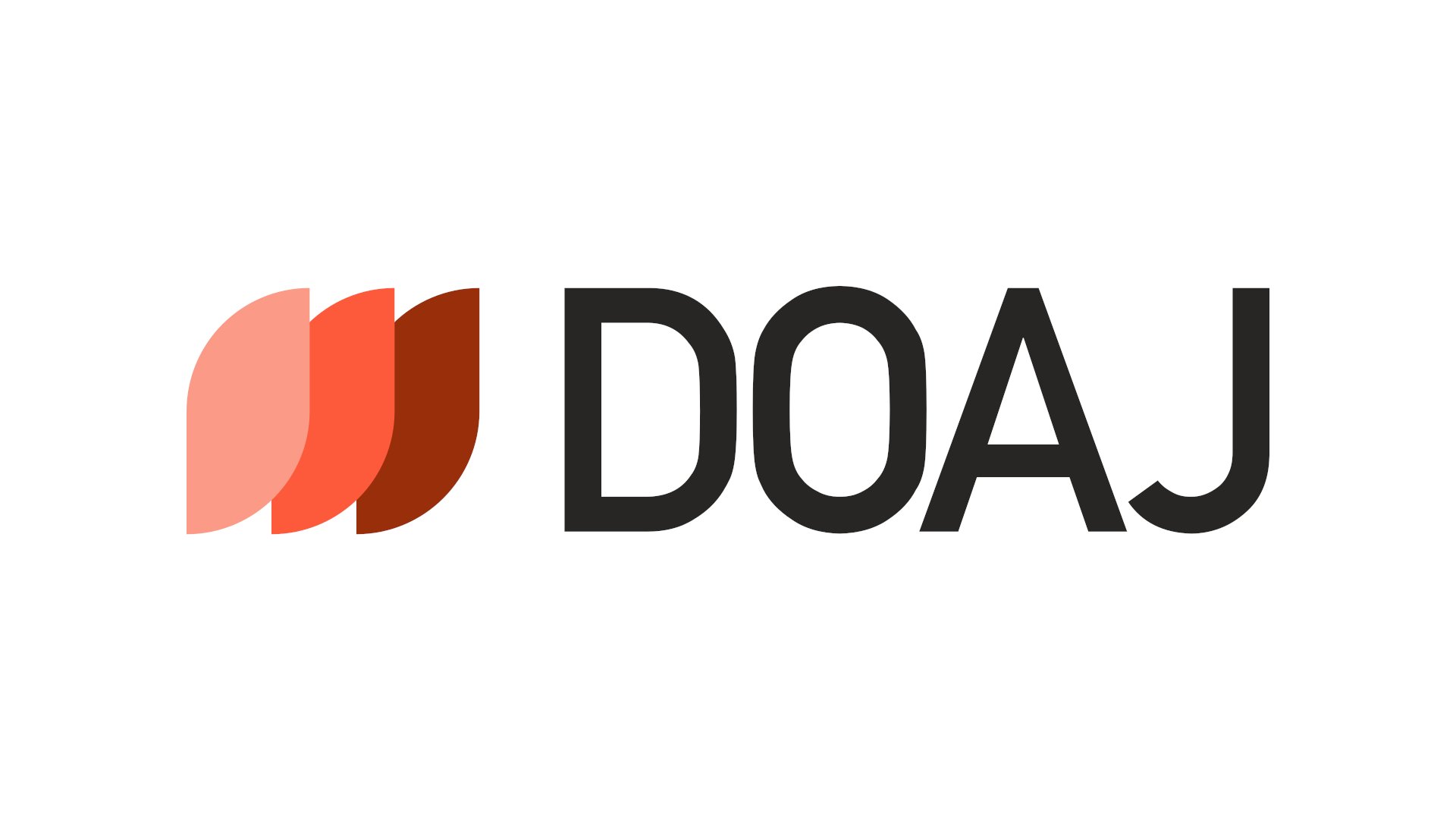Enhancing Educational Paradigms: A Comprehensive Review of Virtual Desktop Infrastructure (VDI) Applications in Learning Environments
DOI:
https://doi.org/10.33022/ijcs.v13i2.3844Abstract
This article comprehensively evaluates Virtual Desktop Infrastructure (VDI) in academic environments. It explores the role of VDI in transforming and gaining knowledge via offering more advantageous accessibility and flexibility, addressing the digital divide, and adapting to various learning patterns. The paper examines case studies throughout one-of-a-kind educational settings, discusses the technical components, and evaluates VDI's effect on mastering and teaching. It additionally highlights the challenges and potential risks related to VDI implementation. Synthesizing the outcomes from various case studies and study papers lays a stable foundation for understanding the multifaceted nature of VDI's implementation and its effect on instructional paradigms. The technical limitations of reviewed cases play a significant function in determining the fulfillment of VDI implementations in instructional environments. Well-structured planning and evaluation of these elements are vital to ensure that the selected VDI efficiently meets the goals of instructional concerns and their participants. Future research instructions are cautioned to deal with diagnosed gaps, including their application in various educational contexts and lengthy-term impacts. The article is valuable for educators, policymakers, and era providers.
Published
Issue
Section
License
Copyright (c) 2024 mariwan ahmed, Prof. Dr. , karwan muheden, noura bilal

This work is licensed under a Creative Commons Attribution-ShareAlike 4.0 International License.



